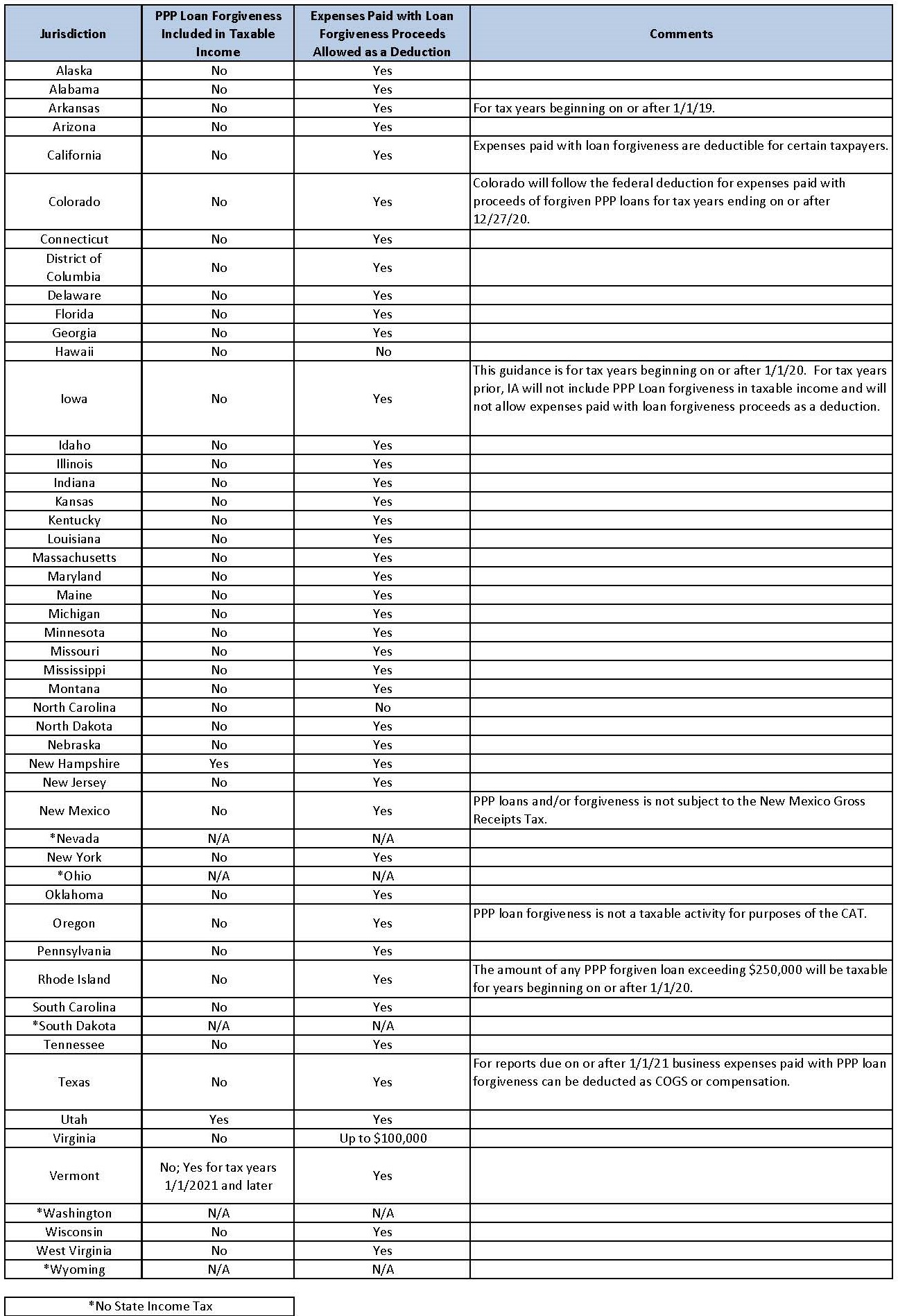The Mexican Ministry of Finance proposed the budget for 2022 (the “Proposal”) on September 8, 2021 which contains a provision which may have an significant impact to taxpayers with Mexico manufacturing facilities under Maquiladoras regime. The Proposal must be approved by both the House of Representatives and the Senate to be enacted before October 31, 2021.
Under the Proposal, Maquiladoras could not comply with transfer pricing obligations through Advance Pricing Agreements (APAs) and the only applicable mechanism to determine the profit margin would be the safe-harbor rules. Such change may significantly increase the tax burden in Mexico for many multinationals with operation in Mexico, and we anticipate much of heated debates in Congress. Taxpayers currently utilizing APAs should continually monitor legislative developments and consult with their Mexico tax advisors to plan ahead.
Additionally, under the Proposal, taxpayers that carry out acts or activities considered as ‘non-object’ to the Value Added Tax (“VAT”) would not be able to credit the tax paid to suppliers or the importation of goods when linked to those non-object activities. Acts or activities ‘non-object’ to the VATL are defined as those that the taxpayer does not carry out in national territory, as well as those not specifically listed in the VATL, for which the taxpayer obtains income or compensation and makes expenses, or imports and VAT is paid.

